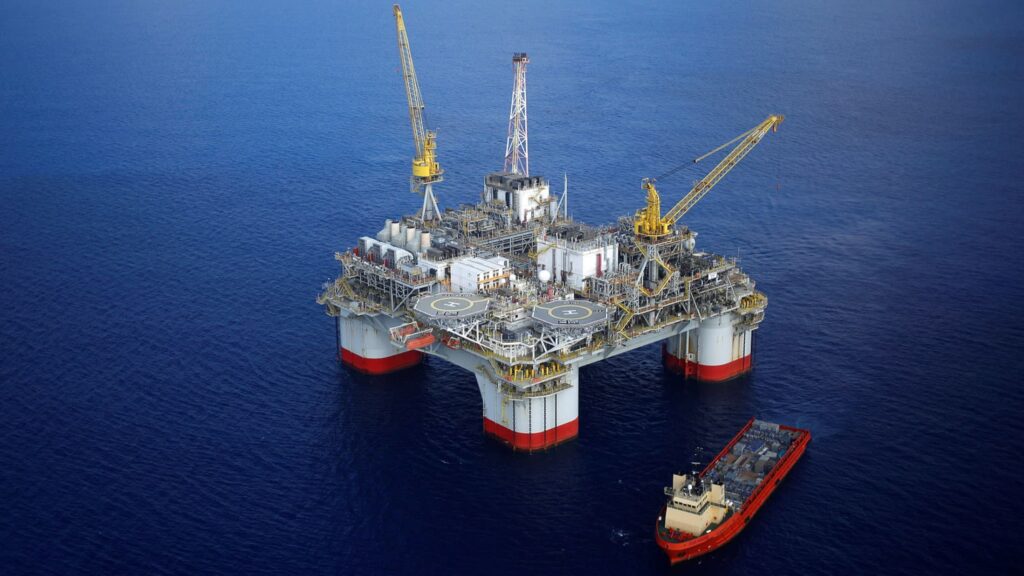The IEA has delivered an overdue message


When the International Energy Agency was created in 1974, the world was reeling from its first major oil shock. The new agency’s main job was to keep global oil supplies flowing smoothly and affordably. Nearly half a century later, the IEA has made a striking U-turn. Oil companies must stop all new projects to find supplies from this year if global warming is to be curbed, says a road map from the agency on how to reduce carbon emissions to net zero by 2050.
New gasfields and coal mines are also out, as are new coal-fired power stations unless fitted with expensive equipment to stop their carbon emissions warming the atmosphere.
For a body with the IEA’s history, this is a jolting message. It will bolster investors already urging big oil groups such as ExxonMobil and Shell to take climate risks more seriously. Yet it would be a mistake to be distracted by the messenger, because the agency’s findings are far from novel. Researchers have shown for years that most of the known reserves of fossil fuels should stay in the ground to keep global warming in check.
Oxford university academics warned in 2016 that no new unabated coal or gas power stations should be built “from 2017 at the latest” to have a chance of avoiding risky rises in global temperatures. Yet they were, which is why the task of tackling climate change has grown harder.
As a UN science report said in 2018, global emissions must nearly halve by around 2030 and reach net zero by about 2050 to have a chance of meeting the safest temperature goals in the Paris climate agreement.
The IEA’s findings are an acknowledgment that reaching these goals requires both fossil fuel supply and demand to be curbed. This is by no means a simple task. The dangers of reining in supply without tackling demand were highlighted last week in the US, where motorists drained filling stations after a cyber attack shut down a major gasoline pipeline.
The good news is that, as the IEA said in another report this month, the exceptional growth of renewables such as wind and solar power last year is set to become the new normal. Countries have also set a profusion of net zero goals in the past three years, as have hundreds of companies and investors.
The more sobering reality is that the IEA road map underlines how few of those goals have been matched by the concrete policies needed to meet them.
Denmark is one of the few countries to have cancelled a planned round of oil and gas exploration licences as part of its effort to meet its climate targets.
In the US, President Joe Biden took the more limited step of imposing a temporary ban on new leases for oil and gas drilling on federal land and water as soon as he took office this year. But far more must be done and the task of weaning an economy off fossil fuels is much harder in countries without the US’s economic strength.
This points to one of the widely overlooked challenges facing the UK hosts of this year’s COP26 climate change negotiations in Glasgow in November. The talks must ensure that wealthy countries deliver on promises made in earlier rounds of negotiations to mobilise billions of dollars in climate finance for poorer nations to help them shift to cleaner forms of energy.
The Covid crisis has shown that governments can deploy trillions of dollars in the face of an immediate disaster. Climate change is a slower moving emergency, but an emergency nonetheless. The IEA’s road map should serve as a wake-up call for governments around the world that the fossil fuel era must be brought to an end sooner rather than later.